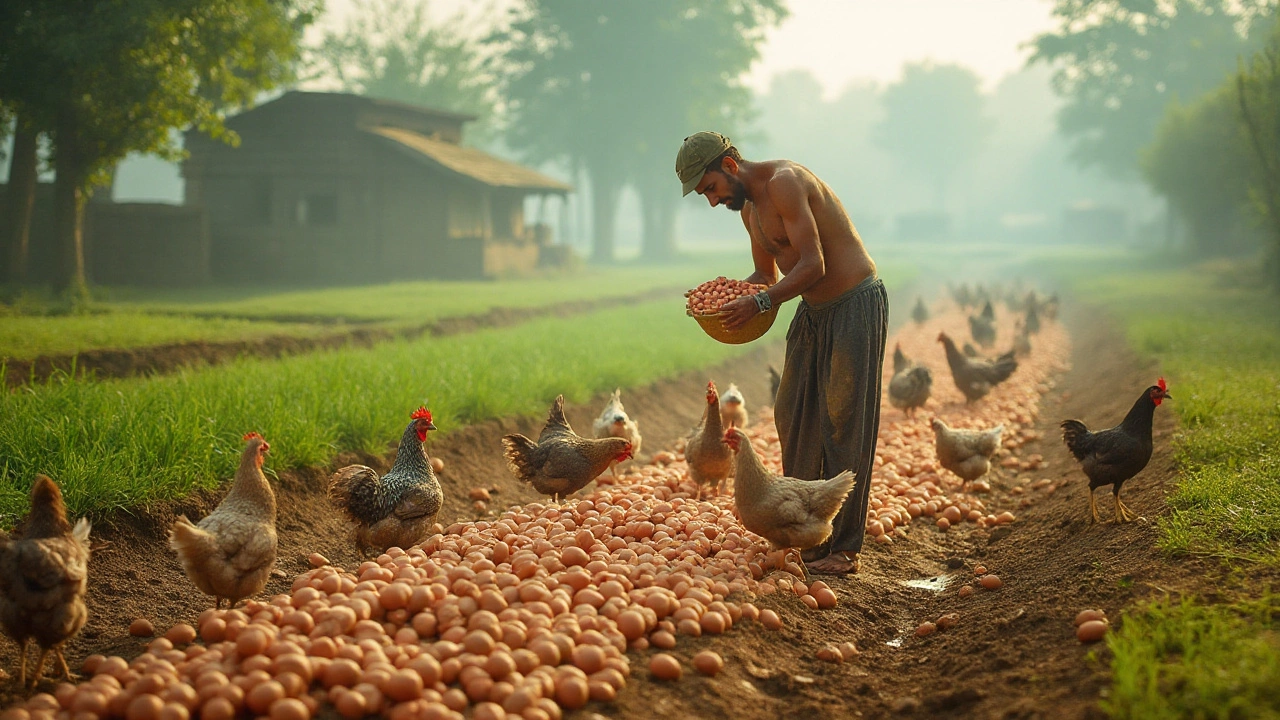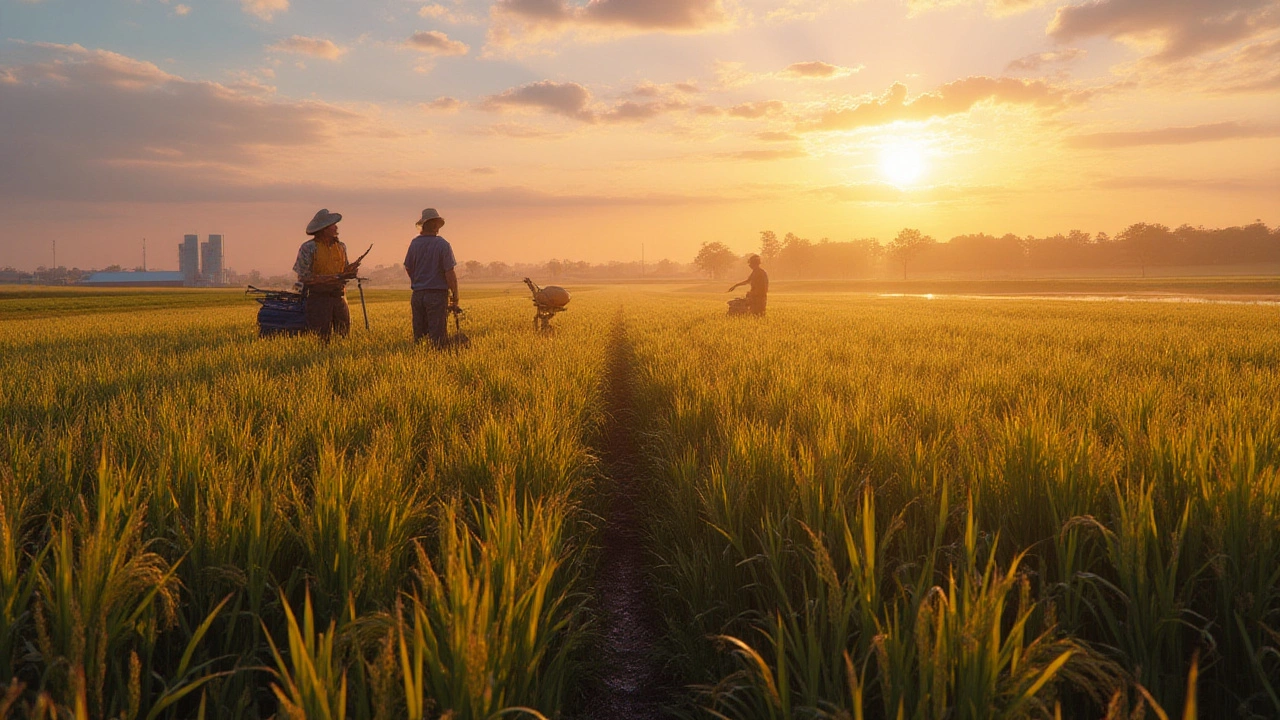Eggs: Sustainable Protein, Farming and Industry Insights
When talking about Eggs, a versatile protein source produced by poultry, widely used in cooking, nutrition, and food manufacturing. Also known as hen eggs, they play a key role in both household meals and large‑scale processing. Vegetarian diet often includes eggs as a bridge between plant‑only meals and animal‑based nutrition, providing essential amino acids without the need for red meat. At the same time, sustainable agriculture relies on efficient hen housing and feed practices to lower water use and greenhouse‑gas emissions, making eggs a low‑impact protein compared to many livestock products. The link between protein source and food security is clear: one egg delivers about 6 g of high‑quality protein, vitamins D and B12, and minerals that many plant‑based diets lack. Finally, food manufacturing uses eggs for emulsification, binding, and flavor, turning raw produce into everything from bakery goods to ready‑to‑eat meals. Together these entities create a network where eggs support nutrition, sustainability, and industry growth.
Why Eggs Matter Across Sectors
Eggs sit at the intersection of several big trends highlighted in our recent articles. For example, the push for daily watering in container gardens ties to egg‑based compost that improves soil moisture retention, showing how poultry waste can boost horticulture. The surge in high‑paying factory jobs in the UK reflects a broader demand for skilled workers in food processing plants, where egg handling requires precise hygiene and automation. Meanwhile, discussions about a 100 % vegetarian country underline how eggs challenge the definition of vegetarianism and influence dietary policies. In the plastics arena, recycled PET bottles often store liquid egg products, linking the plastic in demand 2025 story to egg packaging sustainability. Car sales slowdowns in India echo a shift toward affordable protein sources like eggs, as consumers prioritize food security over big‑ticket purchases. Across textiles, the dominance of cotton—another agricultural product—mirrors the way egg farms depend on feed crops like maize and soy, illustrating the shared supply‑chain dynamics of agriculture and manufacturing. These semantic connections—eggs → sustainable farming, eggs → protein nutrition, eggs → food processing, eggs → packaging, eggs → economic trends—show how a single food item threads through diverse industry narratives.
Below you’ll find a curated mix of articles that touch on these links: guides on watering container gardens, insights into factory job salaries, vegan travel tips, plastic demand forecasts, car market analyses, textile heritage, rice origins, pharma production, and more. Each piece offers a practical angle on how eggs intersect with the topics you care about—from kitchen tips to big‑industry outlooks. Dive in to see how mastering the humble egg can inform smarter gardening, smarter buying, and smarter sustainability choices across India and beyond.
Understanding Egg Processing: Are Eggs Considered Processed Food?
Eggs are a staple in many diets around the world, but there is often confusion around whether they qualify as processed food. This article delves into what constitutes processed food and examines whether eggs fit this category. We'll also explore the various stages eggs undergo from farm to table and bust some common myths about egg processing. Understanding the journey of eggs can help consumers make more informed choices.
- manufacturing
- India
- food processing
- garden tips
- rice cultivation
- government schemes
- balcony garden
- urban gardening
- balcony gardening
- profitable business
- business ideas
- plastic manufacturing
- drip irrigation
- plant care
- steel manufacturing
- sustainable gardening
- startup ideas
- steel industry
- flower gardening
- textile manufacturers






